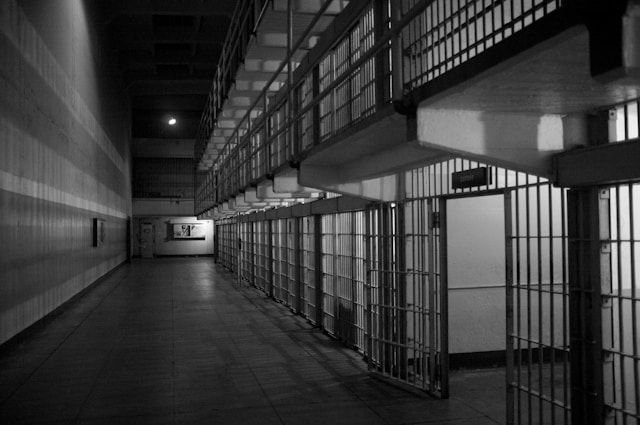Government leaves out IPP inmates from prison recall reforms, despite 70% committing no new crime
The government is facing mounting criticism after excluding thousands of prisoners serving abolished indefinite jail terms from emergency measures to ease the prison overcrowding crisis.
Justice Secretary Shabana Mahmood last week unveiled plans to automatically release inmates recalled for breaching licence conditions after 28 days, aiming to ease pressures on a system teetering on collapse. But prisoners trapped on controversial Imprisonment for Public Protection (IPP) sentences have been excluded — a move branded “morally wrong” and “inhumane” by campaigners and peers.
More than 1,500 of the 2,544 people still held under IPP terms are in prison on recall. The vast majority — around 70% — have committed no further crime. Instead, they’ve been returned to custody for breaches like missing curfews or failing to attend appointments. Yet unlike others on determinate sentences, they face an average wait of 26 months for parole and could be held indefinitely.
Campaigners say this could have been an opportunity to free up an entire prison’s worth of space and to correct what the UN has described as an inhumane system. Instead, IPP prisoners are once again left out in the cold.
Embed from Getty Images“This is not only inhumane and unjust, it’s morally wrong and a waste of taxpayers’ money,” said a spokesperson for the United Group for Reform of IPP. “This government has made a deliberate choice to ignore the scandal, even as the prison estate nears breaking point.”
The recall scheme, aimed at those on short-term sentences, has already led to over 16,000 prisoners being released early. But the exclusion of IPP prisoners has led to accusations of systemic injustice. Labour peer Lord Woodley, who has tabled a bill to resentence all IPP inmates, called the exclusion “a scandal on top of a scandal”.
“Given the desperate need for prison spaces, this is indefensible,” he told The Independent. “At the very least, the government should be releasing those deemed safe by the Parole Board and living on licence in the community.”
The IPP sentence, introduced under Labour in 2005 and abolished in 2012, was never applied retrospectively — trapping thousands under a punitive regime. Once released, IPP prisoners remain on strict licences and can be recalled indefinitely for minor infractions.
Examples highlighted include Thomas White, who has spent 13 years behind bars for stealing a phone and once set himself alight in his cell, and Abdullahi Suleman, still inside 19 years after a laptop robbery. Mandy Lawrence’s son James remains jailed 19 years after being sentenced to just eight months for threatening someone with a starting pistol.
“They don’t care about IPPs in any shape or form,” Lawrence said. “It’s disgusting.”
Campaigner Shirley Debono, whose son Shaun Lloyd is on his fourth recall, said it felt like “another slap in the face”. Meanwhile, reformed IPP prisoner Marc Conway — hailed as a hero in the 2019 Fishmongers’ Hall terror attack — warned that excluding IPP inmates could drive up suicide and self-harm rates.
“It’s a missed opportunity and a disgrace,” he said. “The government should be ashamed. Every time they ignore IPP, more lives are put at risk.”
Justice committee recommendations to resentence all remaining IPP inmates have been repeatedly rejected. Critics say it’s now costing the taxpayer up to £145 million a year to continue enforcing a sentence the government itself scrapped over a decade ago.
Richard Garside of the Centre for Crime and Justice Studies said the latest recall reforms amounted to “tinkering”. “The recall of IPP and other open-ended sentences is the single biggest factor impacting overcrowding. Ignoring this is the wrong answer to the right question.”
The Ministry of Justice defended its position, stating that IPP prisoners are reviewed by the Parole Board every two years and will be released if deemed safe. “This must be done in a way that does not put the public at risk,” a spokesperson said.
